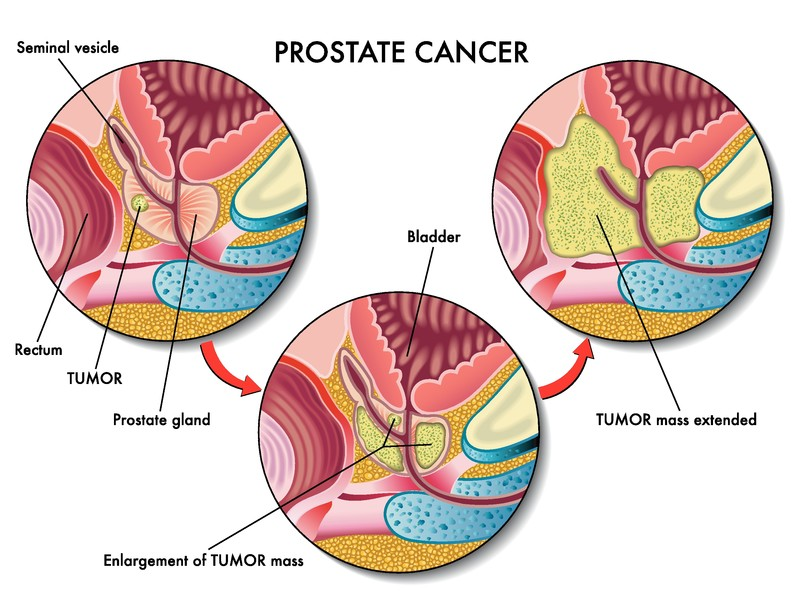Vitamin D intake could reduce cancer mortality
Vitamin D intake could reduce cancer mortality
Vitamin D is a crucial nutrient for maintaining bone health, but recent research has shown that it may also play a role in reducing the risk of cancer mortality. Here are some key points on how vitamin D intake could reduce cancer mortality:
Vitamin D and Cancer:
Vitamin D is essential for regulating cell growth and division, and a deficiency in this nutrient has been linked to an increased risk of cancer. Studies have found that people with higher vitamin D levels have a lower risk of developing certain types of cancer, including breast, colon, and prostate cancer.Vitamin D and Cancer Mortality:
In addition to reducing the risk of cancer, vitamin D may also have a role in reducing cancer mortality. One study found that people with higher vitamin D levels had a 30% lower risk of dying from cancer than those with lower levels.Mechanisms of Action:
There are several mechanisms by which vitamin D may reduce cancer mortality. One is through its anti-inflammatory properties, which can help to reduce the inflammation that can promote the growth and spread of cancer cells. Vitamin D also helps to regulate the immune system, which can help to identify and destroy cancer cells.Role in Cancer Treatment:
Vitamin D may also have a role in cancer treatment. Some studies have found that vitamin D supplementation can improve the response to chemotherapy and radiation therapy, and may also help to reduce the side effects of these treatments.Optimal Levels:
While the optimal level of vitamin D for reducing cancer mortality is still not clear, some experts recommend maintaining a blood level of at least 30 ng/ml. This can typically be achieved through a combination of sun exposure, diet, and supplementation.Potential Risks:
While vitamin D supplementation is generally considered safe, excessive intake can lead to toxicity. This can cause symptoms such as nausea, vomiting, and weakness, and can even lead to serious health problems. It is important to consult with a healthcare provider before starting any vitamin D supplementation regimen.Importance of Further Research:
While the evidence linking vitamin D intake to a reduction in cancer mortality is promising, more research is needed to fully understand the role of vitamin D in cancer prevention and treatment. Large-scale clinical trials are needed to determine the optimal level of vitamin D for cancer prevention and the most effective ways to achieve and maintain this level.
Vitamin D intake may reduce cancer mortality by regulating cell growth and division, reducing inflammation, regulating the immune system, improving response to cancer treatment, and other mechanisms. While more research is needed, maintaining optimal vitamin D levels through sun exposure, diet, and supplementation may be a useful strategy for reducing cancer mortality.










Comments
Post a Comment